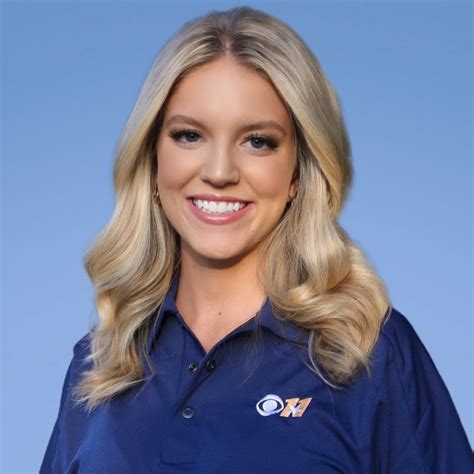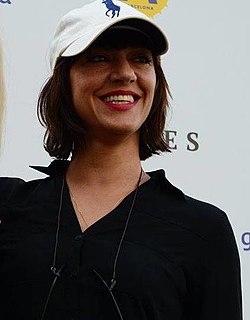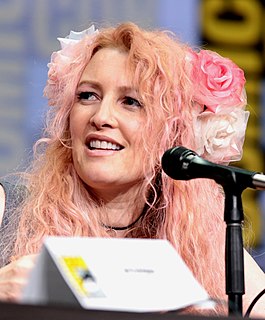A Quote by Philippe Falardeau
I would love to write a script where the main character is a woman. I know I can direct a film where the main character is a woman. I cannot write that film.
Related Quotes
"Fish Tank" [my favorite woman-directed film] by Andrea Arnold. The film is so beautifully shot, and I love the raw energy of Katie Jarvis, who plays the main character, Mia. She is not a professional actress and she provides the film with a sense of realism. To me, the film feels so complete and superior.
I never thought I could write this much and now that it's coming to an end, I feel sad that I have to stop, sort of the way you feel at the end of a really good book and you know you're going to miss the main character. But in this case, the main character is me! Myself. Joe (formerly JoDan) Bunch. —Joe Bunch
I believe that every character I create is in their own film, that happens to overlap with the main film. There are complete and real characters, even though we only spend only a little time with them. In the approach to what those entities are, that always appeals to an actor. What are they, since they are going to embody this character?
Before, I was writing a script to make a movie. At a certain point, I became A Writer in Film and Television. So I got TV deals to write stuff, film deals to write stuff. But it's dangerous. I got into the WGA, and I became kind of, you know, a slave! They just pay you to write a script, and it's hard to make the movies.
There was a time when I first started that there was such a thing called 'a woman's film' and there were certain scripts that women would make. But I think that's changed a lot now. I think that if a woman director walks into a room with a script, it doesn't really matter what the subject matter is, or the genre is, so long as the financers feel that the woman has the skills to make the film.
Well, I think there was a time when I first started that there was such a thing called 'a woman's film' and there were certain scripts that women would make. But I think that's changed a lot now. I think that if a woman director walks into a room with a script, it doesn't really matter what the subject matter is, or the genre is, so long as the financiers feel that the woman has the skills to make the film.
Australia, most of the filmmakers there write a film and they direct it. There's a lot of writer/directors there, because nobody wants to write a script and then let it go when they've had that much of a personal investment to it, because you're not getting paid huge amounts of money in Australia to direct.




































